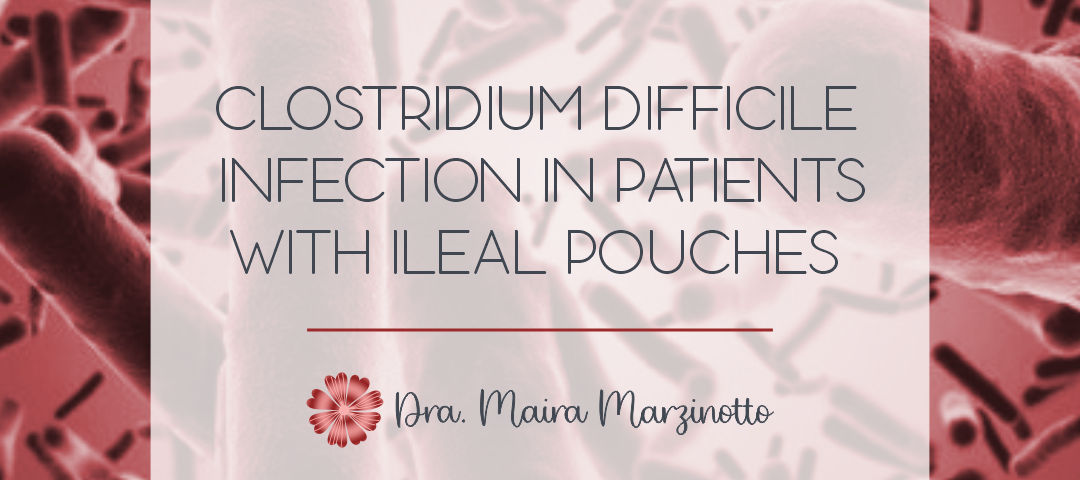
Cirurgia bariátrica e metabólica
30 de November de 2020Darren N Seril MD, PhD1 and Bo Shen MD1
Department of Gastroenterology/Hepatology, Digestive Disease Institute, The Cleveland Clinic Foundation, Cleveland, Ohio, USA
Correspondence: Bo Shen, MD, Department of Gastroenterology/Hepatology-A31, Digestive Disease Institute, The Cleveland Clinic Foundation, 9500 Euclid Avenue, Cleveland, Ohio 44195, USA. E-mail:[email protected]
Abstract
Clostridium difficile (C. difficile) infection (CDI) following total proctocolectomy and ileal pouch-anal anastomosis has been increasingly recognized over the past 5 years. CDI of the ileal pouch has been recognized in ~10% of symptomatic patients seen at a tertiary referral center for pouch dysfunction. In contrast to colonic CDI in the general population or in patients with inflammatory bowel disease, postoperative antibiotic exposure and the use of immunosuppressive agents or proton pump inhibitors do not appear to be associated with CDI of the pouch. Male gender, recent hospitalization, and presurgery antibiotic use were shown to be risk factors for ileal pouch CDI. The ileal pouch may be susceptible to CDI owing to similarities with the colon at physiological and structural levels. Postcolectomy CDI likely represents a spectrum of disease processes, varying from asymptomatic colonization to severe symptomatic infection. CDI should be considered in any patient with an ileal pouch presenting with a change in “normal” symptom pattern or treatment-refractory disease. Sensitive and specific methods for the detection of CDI are available, and pouchoscopy is a valuable tool in the evaluation of the patient with symptomatic CDI of the pouch. At a referral center for pouch dysfunction, vancomycin is used as the first-line therapy for ileal pouch CDI. Fecal microbiota transplantation may find use in the management of severe or antibiotic refractory CDI-related pouchitis.

